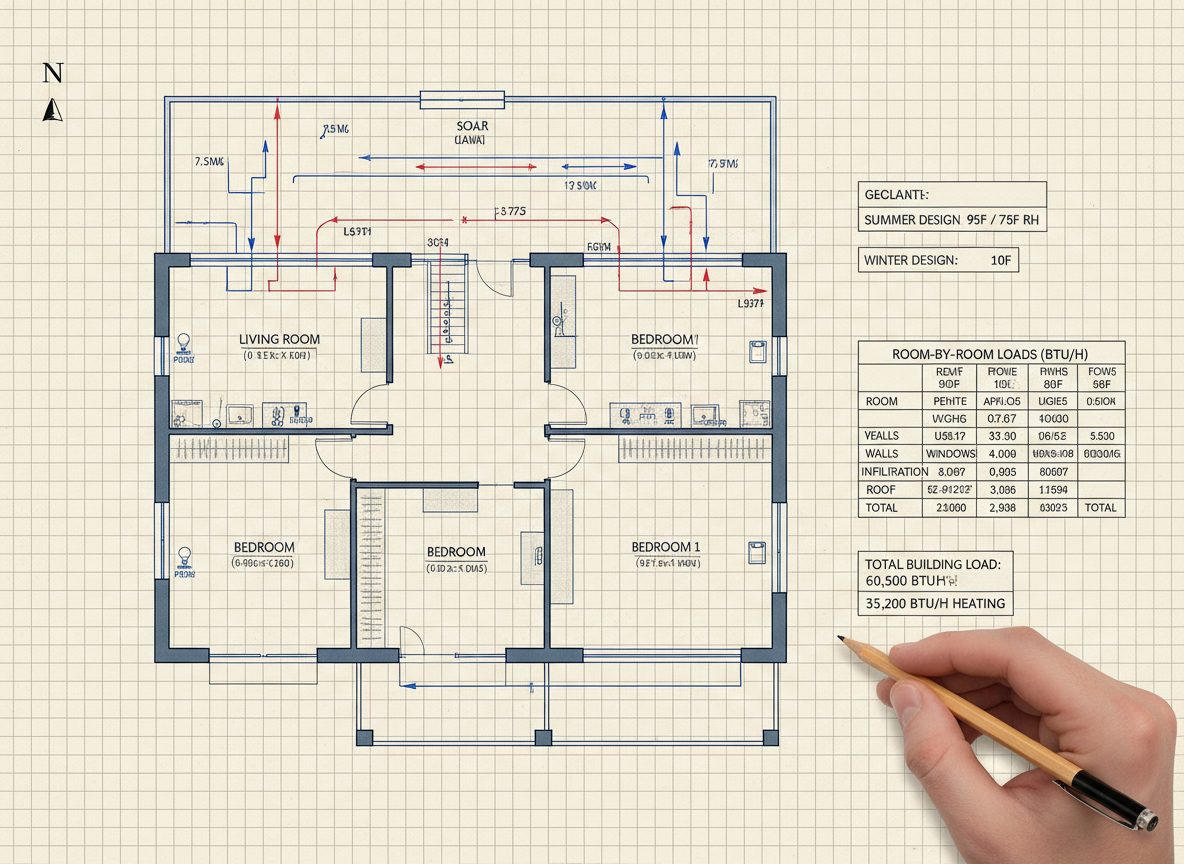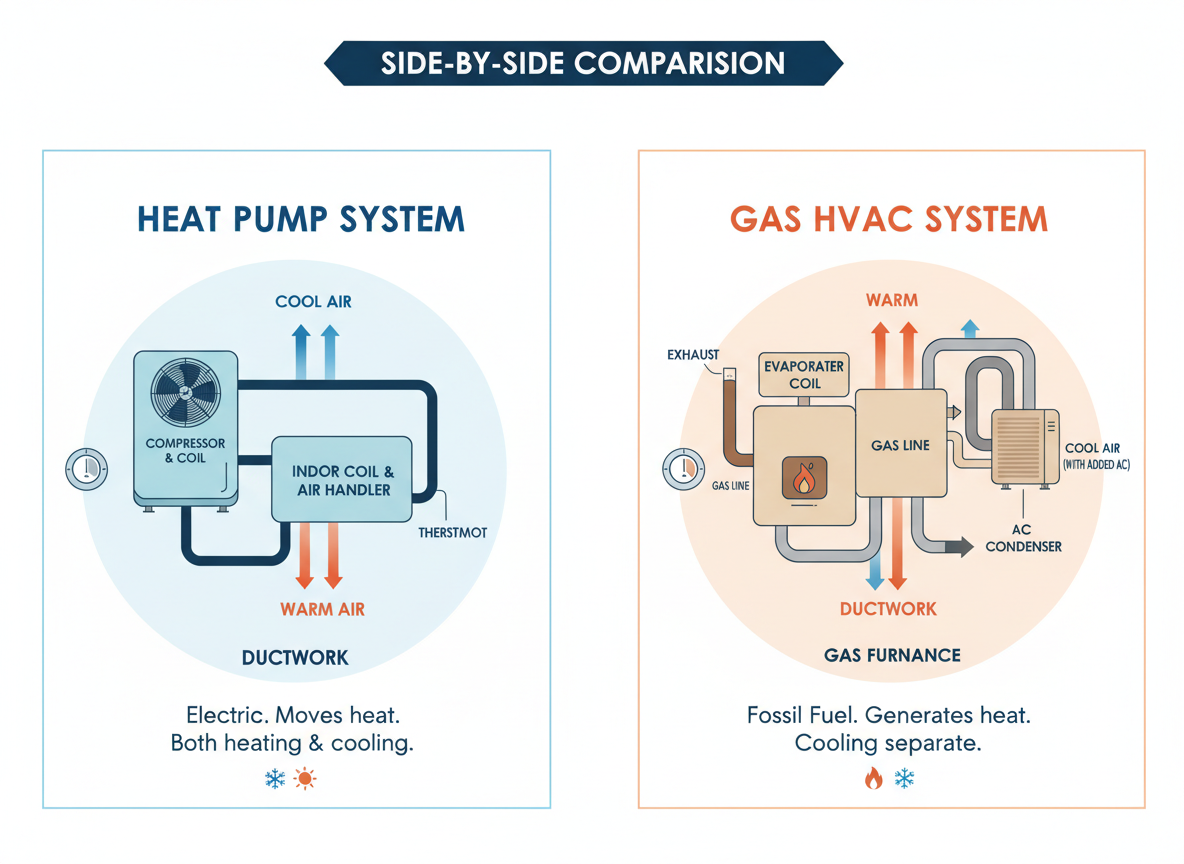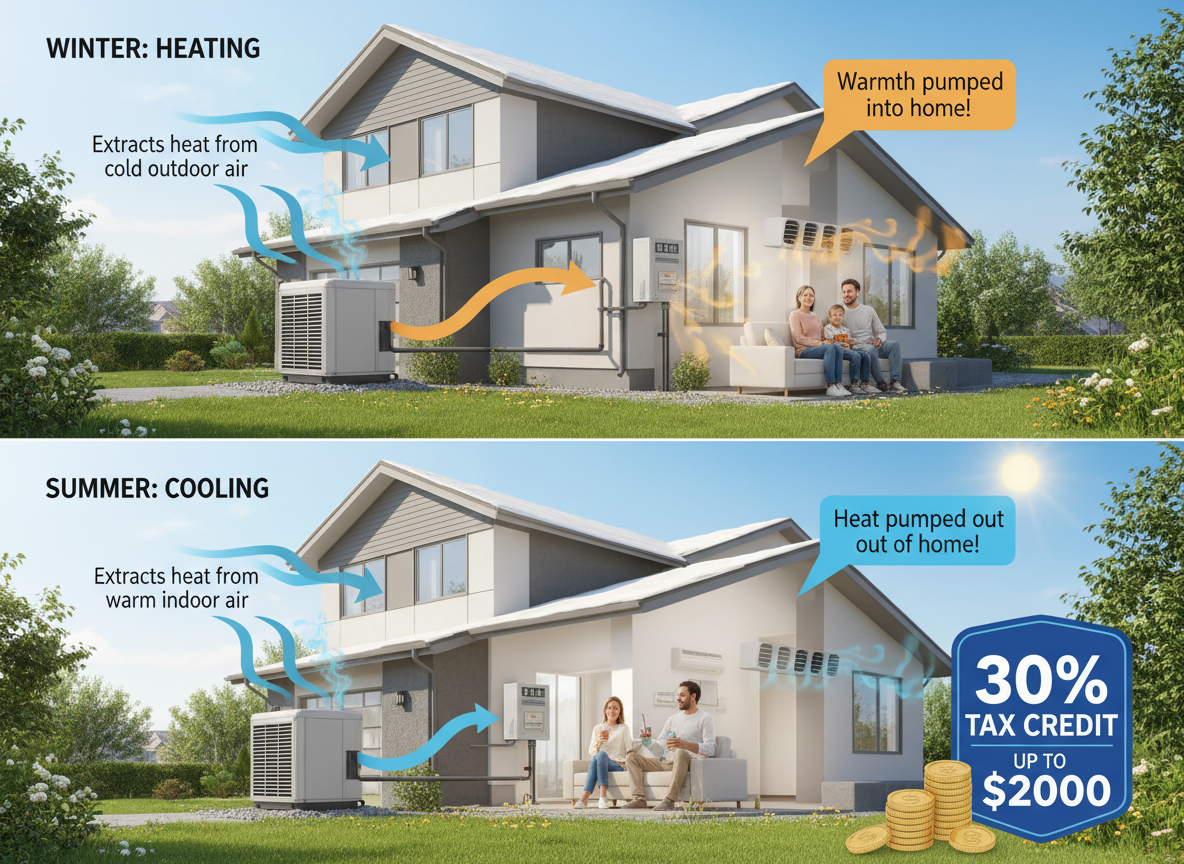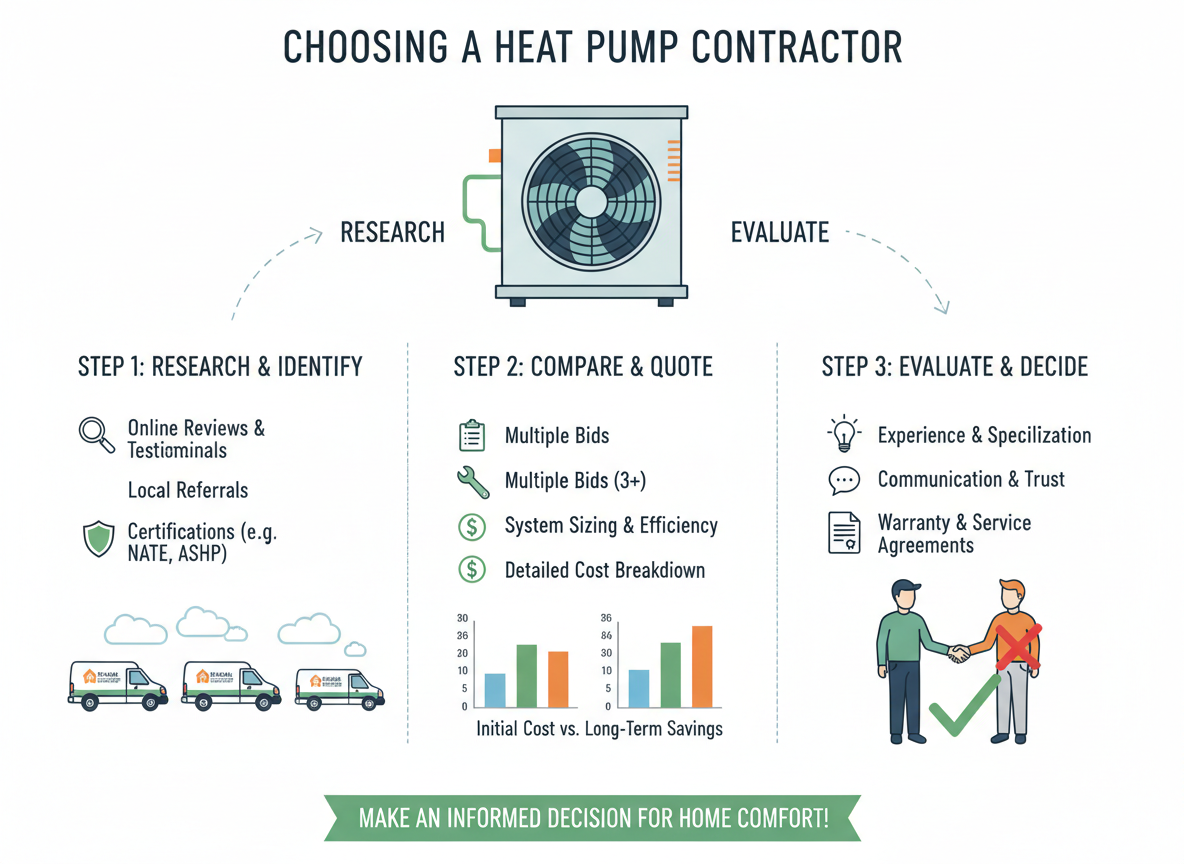
What You Can Do To Improve Your Indoor Air Quality
When you think of poor air quality you may think of outdoor air pollution, but in your home, you are breathing in more than just pure air. You are also breathing in anything else that may be in the air indoors including particulates, gases, molds pesticides, smoke, or pet dander. Most people spend about 90% of their time indoors and yet we rarely think about the quality of the air we are breathing indoors. The EPA states that the concentrations of some pollutants are often 2 to 5 times higher indoors. Indoor air pollution has been shown to have serious consequences on both short- and long-term health. What are the negative health effects of poor indoor air quality?
Short Term Health Effects
Depending on the length of exposure, poor indoor air quality can begin causing effects almost immediately. Brief exposure usually causes these symptoms to stop after leaving the affected space. Some of the more common short term negative health effects include dizziness, fatigue, headaches, nausea, and irritation of the eyes, nose and throat. This may be especially triggering for those who suffer from respiratory ailments such as asthma or allergies.
Long Term Health Effects
Long term negative health effects are a result of repeated, long term exposure and the risks may increase significantly. Prolonged exposure can affect your sleep and mental health. VOCs can disrupt your sleep and can lead to headaches, asthma, allergies as well as other breathing issues. Consider installing a ceiling fan and an air purifier to help reduce the levels of dust, pollen and other pollutants in your bedroom.
Furthermore, there is evidence to support that indoor air pollution is linked to depression, anxiety, and other neurological disorders. It can lead to mood changes, respiratory, cardiovascular issues, neurological disorders as well as cancer. Airborne air pollution is also a hazard to pregnant women and young children, increasing the risk of birth defects and developmental issues.
HVAC System Issues
Not only can poor indoor air quality lead to health risks, but indoor contaminants can also affect your HVAC system. Particulate matter can clog filters, coils and accumulate inside air ducts and other system components. This can restrict air flow leading to unnecessary ac repair and decrease your system’s performance and efficiency.
What You Can Do To Improve Your Indoor Air Quality
If you are concerned about the quality of your indoor air, let’s take a look at a few air quality solutions to improve the quality of air you are breathing in.
Schedule Routine HVAC Maintenance
Your HVAC unit will run more efficiently when it is clean and properly maintained by an HVAC professional. Dirt build up can cause your HVAC system to work harder than it should and could lead to early failure and ac replacement. Furthermore, an HVAC system that is properly working will reduce the number of airborne contaminants such as mold, dust particles and pet dander. In between professional HVAC maintenance replace your air filters often and consider HEPA filters. It is also important to keep your air vents clean and free from dust. Particles that accumulate on the air vents are among the most common causes of poor indoor air quality. Clean them with vacuum attachment or with soft cloth to keep them debris free.
Vacuum and Reduce Clutter
Regular vacuuming is important to improve indoor air quality especially if you have carpets and pets to keep dust levels low. Declutter your home as well, the more clutter you have the more places there are for dust to hide.
Improve Indoor Air Quality with an Air Scrubber
To better protect your family from allergens an other harmful contaminants consider installing the Air Scrubber by Aerus, which uses state of the art technology ActivePure®,developed by NASA. The air scrubber is attached directly to the HVAC system ductwork to remove air pollution, VOCs, surface contaminants, pet dander odors and dust. The ActivePure® Technology combined with high intensity UVC lighting destroys over 99% of airborne and surface contaminants. Not only will you breathe easier, but it can reduce exposure to viruses, bacteria, and can extend the life of your HVAC system.
Indoor Air Quality Specialists
Contact LA Heating and Air today or contact us online. The negative effects of poor indoor air quality are too risky to simply ignore. Improve your indoor air quality to breathe easier and improve your health and overall well-being. In addition to offering HVAC maintenance, we also offer air scrubber installation, HVAC repair services and HVAC installation. Contact us today to learn more about how we can help you!






















.png)














